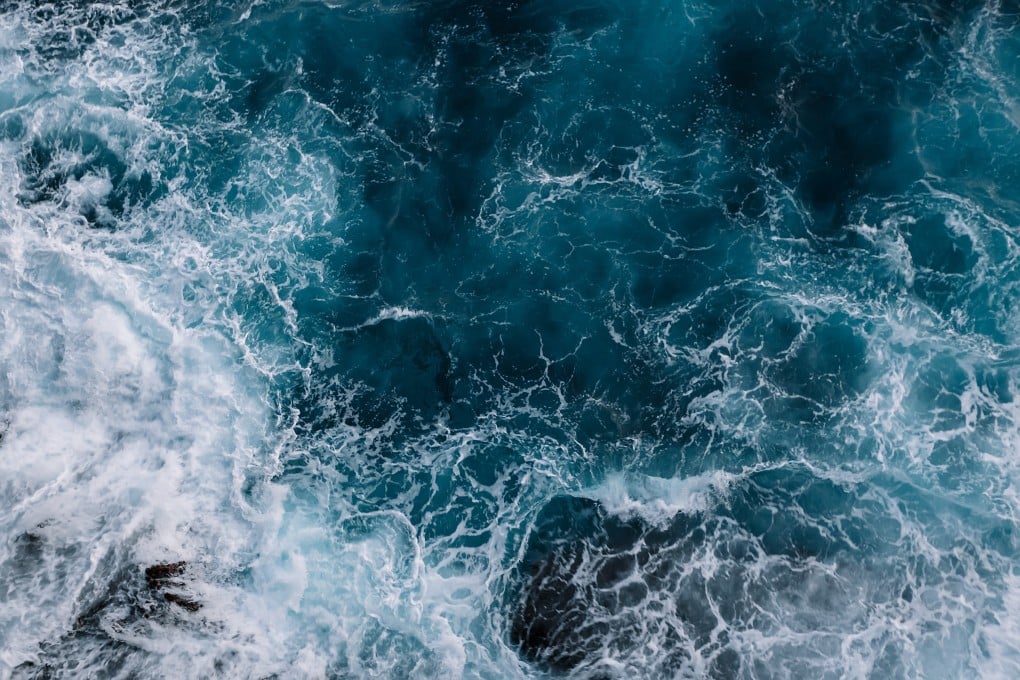Language Matters | On World Oceans Day, a look at the origins of the word ‘sea’, the body of water that connects us all
Since ancient times, diverse cultures have used the phrase ‘the Seven Seas’ to refer to bodies of water, many English ocean-related words borrow from the Romance languages

Today marks World Oceans Day. The 70 per cent of the Earth’s surface that is water is usually conceived of in the plural. We recognise the Pacific, Atlantic, Indian, Arctic and Southern oceans. Since ancient times, diverse cultures have used the phrase “the Seven Seas” to refer to bodies of water known to them (which varied depending on time and place). Recounting the Arabs’ ancient trading routes, 9th-century Muslim geographer Ahmad al-Ya’qubi wrote: “Whoever wants to go to China must cross seven seas, each one with its own colour and wind and fish and breeze, completely unlike the sea that lies beside it.”
Many familiar sea-related words in English, borrowed from the Romance languages, stem from the Latin mare (“sea, seawater”), ultimately from the Proto-Indo European root mori- (“body of water”). “Marine” entered English in the mid-15th century via the Old French marin (“of the sea”), “maritime” in the 1540s from Middle French or Latin, with the Latin ending -timus indicating a close association, and “marina” in 1805 from the Spanish or Italian marina (“shore, coast”), from the Latin marinus (“of the sea”). Even the culinary term “marinade”, entering English in the late 17th century from the French marinade (“spiced vinegar or wine for pickling”), derives from the French mariner (“to pickle in [sea] brine”).
Mori- also gave rise to the Proto-Germanic mari-, which evolved into meer, in German meaning “sea” and in Dutch “lake, sea, pool”. Old English had mere for “sea, ocean, lake, pool, pond”, encompassing both salt- and freshwater bodies. Modern English “mere” came to denote the latter type, “pool, small lake, pond”; nowadays it exists only in place names, such as Windermere.
It is another Proto-Germanic word, saiwa-, that developed into the Old English sæ (“sheet of water, sea, lake, pool”), giving us the English word “sea”.
Functionally, there is but one ocean. Indeed “ocean” comes, via the Old French occean, from the Latin oceanus, and ultimately from the Greek okeanos (after the Ancient Greek water deity Okeanós) – meaning “the great river or sea surrounding the disk of the Earth”.
The word “surround” comes from the Latin super (“over”) plus undare (“to flow”), from unda (“wave”), but with rising sea levels, this etymology now assumes an ominous significance.
